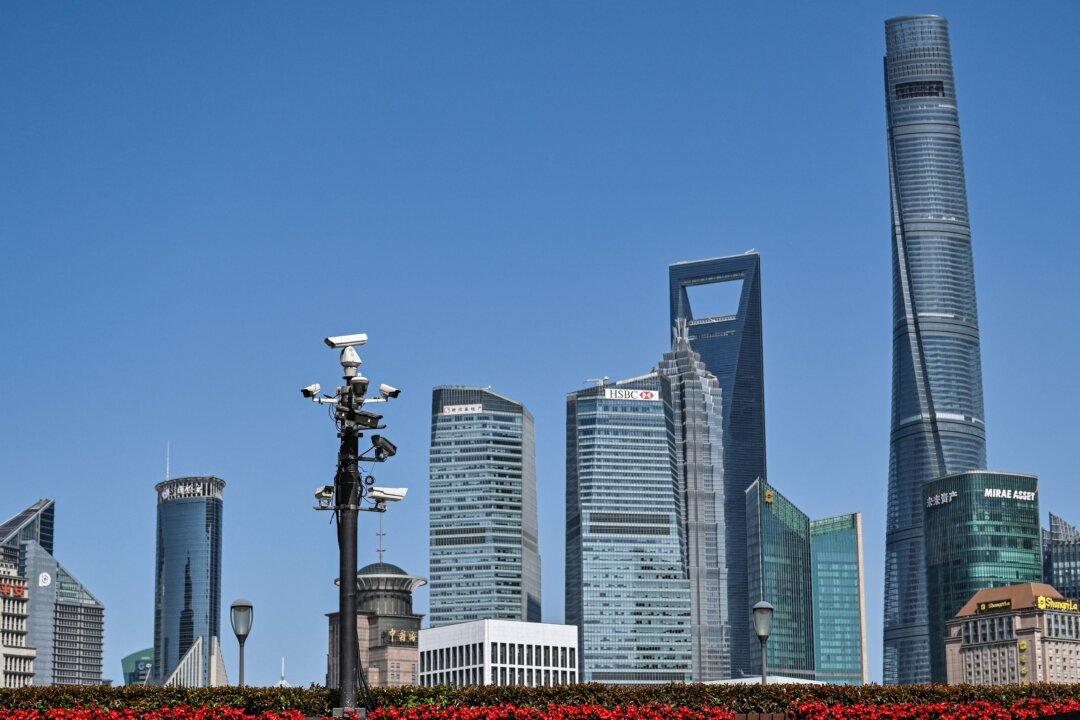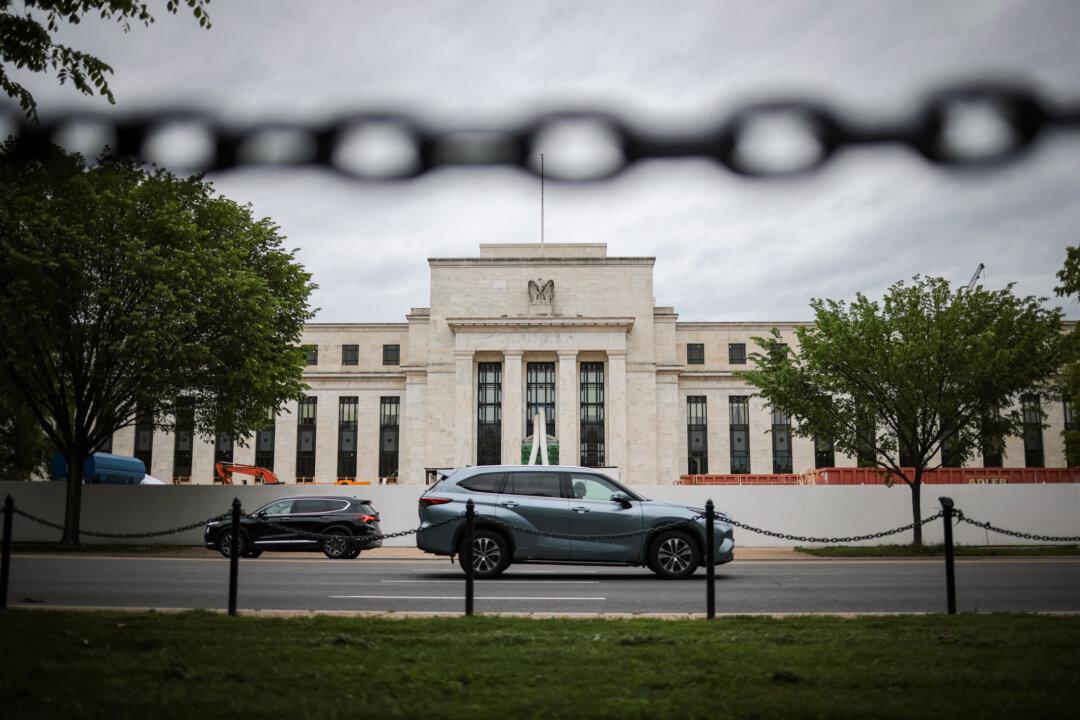Commentary
Since the beginning of 2024, the focus on China has switched to the stock market, given the debt defaults and housing market crash. The economic data look too good to be true: it is hard to reconcile a picture with 5.2 percent GDP growth and double-digit unemployment plus a series of debt defaults. The market was obviously not fazed by this kind of artificial data or false news. What’s more, the government openly banned the sales of stocks, which never happens in even much lower tiers of emerging markets nowadays. With all these, the degree of severity is clear.





